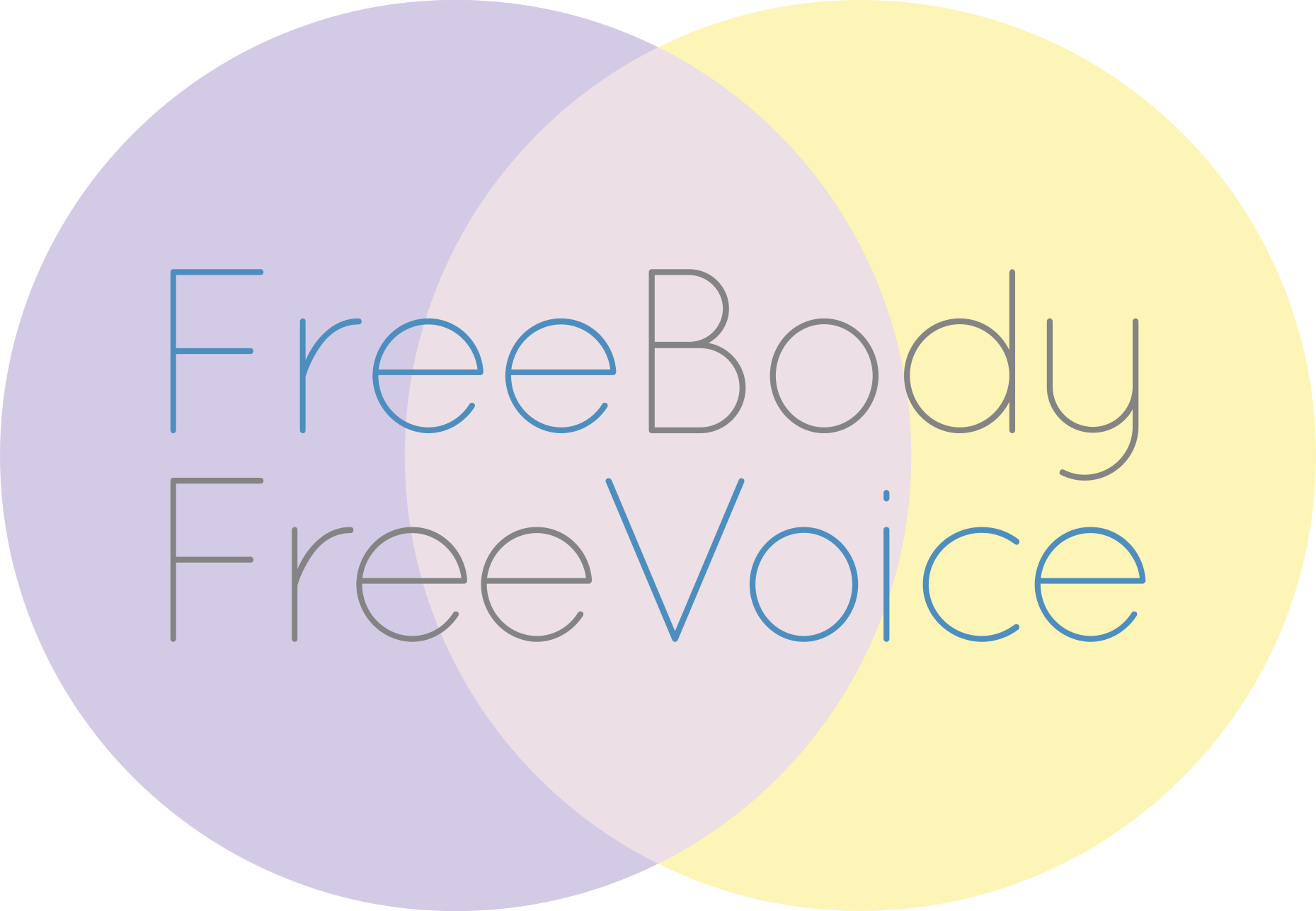Thinking vs. feeling: the eternal conundrum
We decided to take a later train and ferry to get to Fire Island this evening, so I find myself with a couple of extra hours to write a blog post. I am challenging myself to use this windfall time to tackle a tricky and crucial question posed by my reader Jack over a month ago — I've been avoiding it ever since, but now I'm going to face the music.
Jack's question is one inevitably encountered by serious students of the Alexander Technique. His particular version of this age-old conundrum came in response to my post about how I'd recently made the mistake — twice! — of trying to feel my way into change:
If I ask myself "is my neck free?" isn't that attempting to get a feeling? How could this properly be converted to "thinking"?
Great questions, Jack! This topic deserves a book-length treatment, but I'm going to focus today on just two potential paths to understanding.
I'll start with a pithy aphorism attributed to F.M. Alexander (this is my own wording, however)
:When you think you're thinking, you're feeling. When you think you're feeling, you're doing.
Obviously, it would be helpful to define some of these terms. The kind of thinking Alexander was discussing here was what he called "direction," which can be thought of as setting intentions for the body. For example, "I allow my neck to be free" is a direction. Note that very important word, "allow" — Alexander used that word to emphasize that this phrase is like a wish, not something to be carried out. All we can DO in response to the phrase is contract a muscle, which is just adding more tension. But feeling to see if we have indeed managed to free our necks is also counter-productive. It's likely to make us anxious or discouraged or confused and brings about a far-too-localized form of awareness.
What Alexander intended is that we state the "wish" — out loud or mentally — and then trust that it will get through to our bodies. Of course, the degree to which it gets through improves with practice and with repetition. (And you may at first require outside assistance to experience what Alexander meant by these words — they're not exactly self-evident.) So my first recommendation is that you phrase your directions in a way that encourages you to treat them like wishes, not instructions.
Onto my second recommendation, which is the hard-to-describe part I've been putting off for the past few weeks. . . .
Despite Alexander's emphasis on thinking over feeling, it is NOT the case that we are better off not feeling at all. There are at least two different kinds of feeling, and learning to use one of them appropriately is largely what the Alexander Technique is all about. The other one is deceptive and unreliable (which you will have experienced in virtually any lesson if you've studied AT) and better left out of our self-analysis.
Do not use your sense of what a particular activity feels like to guide you in doing it well. As I've experienced countless times in my life, whenever I manage to perform an activity (singing, walking, whatever) in a freer, better-organized way, it feels very different both from my previous experiences of this activity and from my expectations. The wrong way of using your feeling includes "putting" parts of your body where you think they should go as well as trying to recreate how a movement felt in the past.
So what kind of feelings are helpful to use in changing our habits? With minimal guidance, almost anyone can register pretty accurately the difference between ease and non-ease. The feelings involved in perceiving ease are far subtler than the feelings of gross muscular movement; they perhaps indicate the body's potential for movement, which can then occur or not, according to our choosing. When the movement happens under conditions of ease, it is likely to feel unfamiliar. With skill and consistency in allowing ease to prevail before we move, every single action of our lives has the potential to feel new and excitingly different.
After a decade and a half of Alexander Technique experiences, I still feel daily the exhilaration of a movement performed in a never-before-felt manner. That is one of the primary reasons I love my life, even during those weeks when I'm not at the beach.
